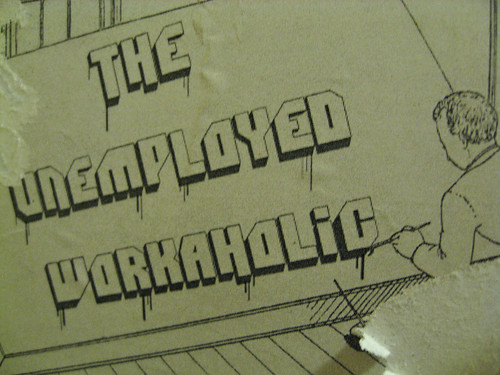How do conscientious people handle unemployment differently?
.
Conscientious individuals tend to achieve more and have higher well-being. This has led to a view that conscientiousness is always positive for well-being. We hypothesize that conscientiousness could be detrimental to well-being when failure is experienced, such as when individuals become unemployed. In a 4-year longitudinal study of 9570 individuals interviewed yearly we show that the drop in an individual’s life satisfaction following unemployment is significantly moderated by their conscientiousness. After 3 years of unemployment individuals high in conscientiousness (i.e. one standard deviation above the mean) experience a 120% higher decrease in life satisfaction than those at low levels. Thus the positive relationship typically seen between conscientiousness and well-being is reversed: conscientiousness is therefore not always good for well-being.
Source: “The dark side of conscientiousness: Conscientious people experience greater drops in life satisfaction following unemployment” from Journal of Research in Personality, Volume 44, Issue 4, August 2010, Pages 535-539
Join over 135,000 readers and get my free weekly email update here.
Related posts:
What 10 things should you do every day to improve your life?
How To Make Your Life Better By Sending Five Simple Emails
4 Lifehacks From Ancient Philosophers That Will Make You Happier




